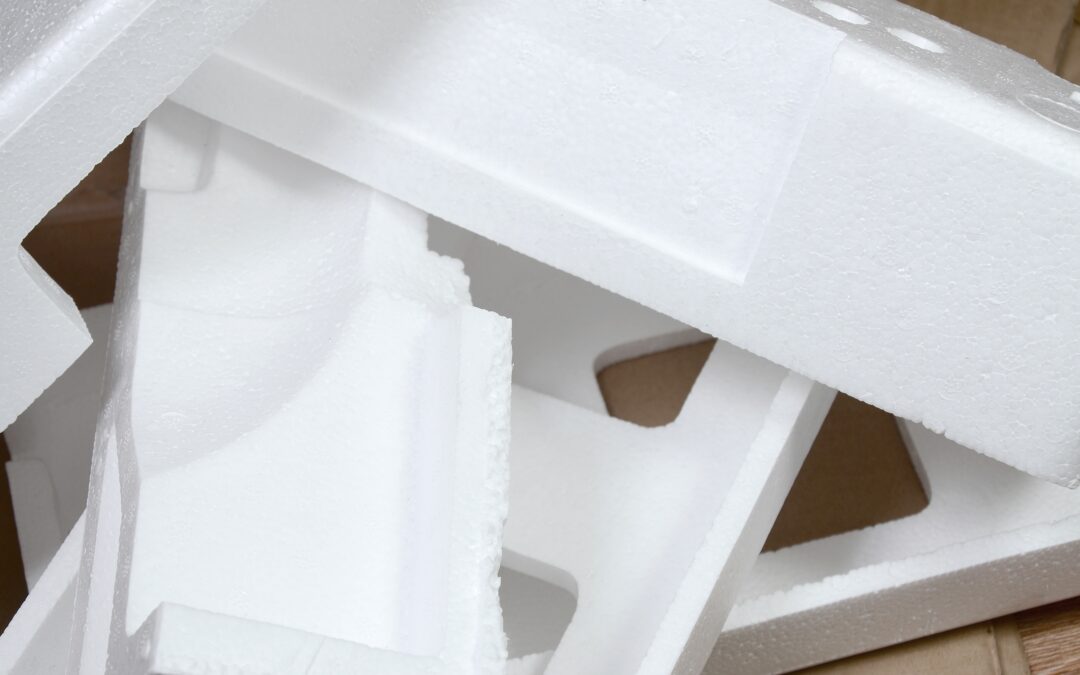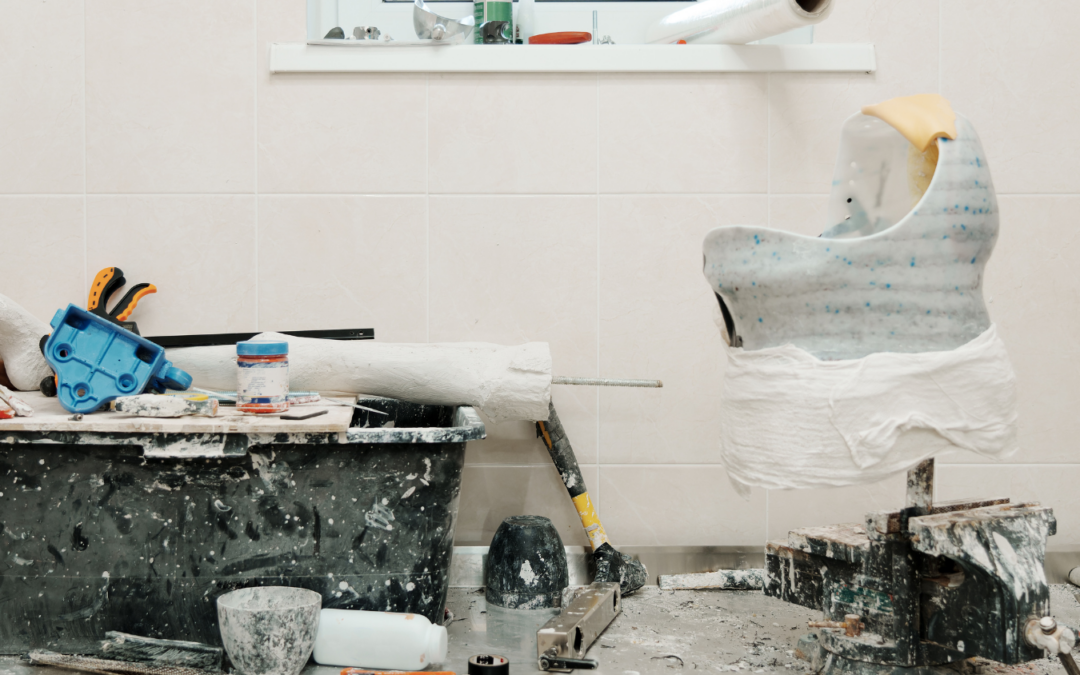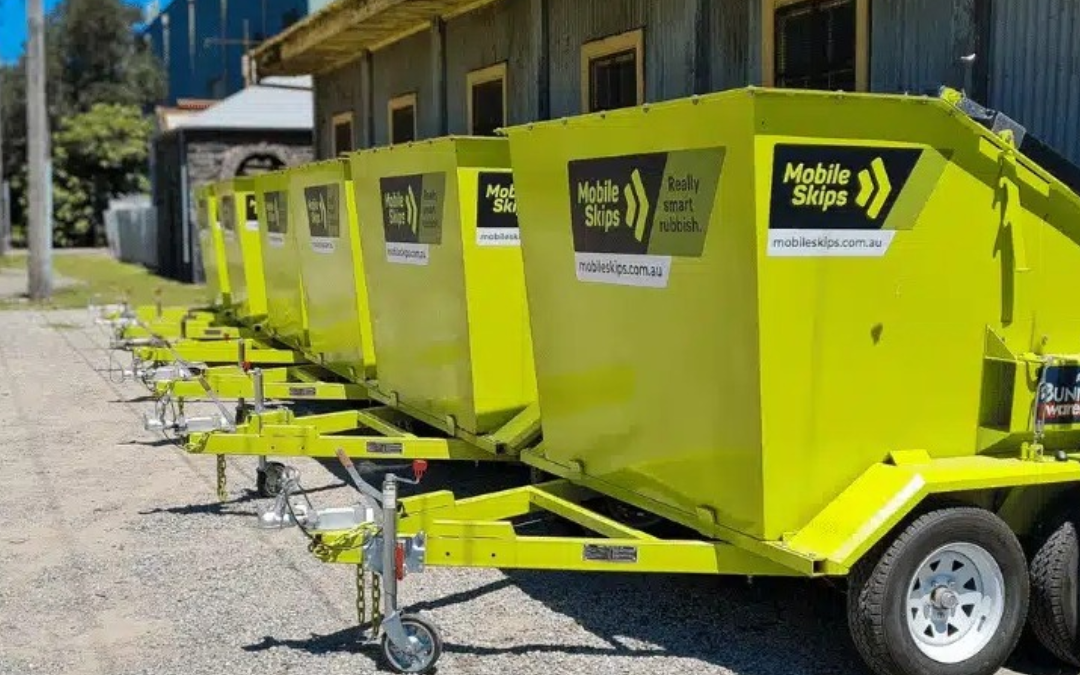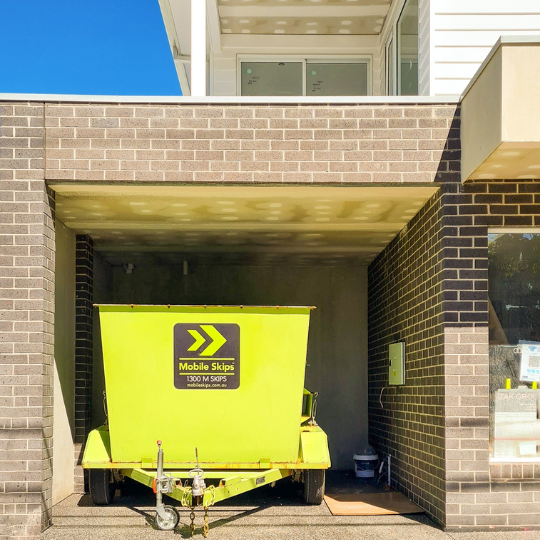Waste Removal Options
When it comes to managing waste from home DIY projects, you have two primary options: DIY waste disposal and professional junk removal. Each option has its unique benefits and considerations.
DIY Waste Disposal
DIY waste disposal is a popular choice among new homeowners in Australia. Over 40% of households in London opt for this hands-on approach to rubbish removal. This method allows you to take control of your waste management and can be cost-effective if done correctly.
One of the main benefits of DIY waste removal is the ability to sort your waste strategically into recyclables and general rubbish before disposal. This practice contributes to eco-conscious living, a growing trend among many households (Junk Taxi). Proper lifting techniques are essential to handle the diverse and heavy waste generated during DIY projects. Focus on using the strength of your legs instead of straining your back to avoid injuries.
For hazardous waste like paint, batteries, or electronic equipment, there are dedicated drop-off points in many areas to ensure proper disposal and minimize environmental impact (Junk Taxi). Collaborative efforts, such as enlisting the help of friends or family for heavy items, can make the task more manageable and add a touch of camaraderie to the process.
For more tips on DIY waste disposal, check out our article on diy waste removal tips.
Professional Junk Removal
Hiring a professional junk removal service can make the process swift, efficient, and hassle-free. Professionals come equipped with the necessary tools, experience, training, and expertise to handle junk removal and disposal effectively. They can efficiently differentiate items to donate, recycle hazardous materials and electronic waste, and dispose of them following environmentally-friendly practices.
Professional junk removal services can have connections with local charity partners, recycling centres, and donation centres, allowing them to give new life to items still in good condition (123JUNK). This not only helps you declutter your home but also contributes positively to the community.
Ultimately, the decision between DIY and professional services depends on your individual circumstances and preferences. While DIY may save money, professional services offer peace of mind and the guarantee of a job well done.
For more information on professional services, visit our page on diy waste removal professional services.
| Option | Pros | Cons |
|---|---|---|
| DIY Waste Disposal | Cost-effective, control over sorting and disposal | Time-consuming, physical effort required |
| Professional Service | Efficient, hassle-free, environmentally friendly | Additional cost, less hands-on involvement |
Explore more about the costs involved in our article on diy waste removal cost.
DIY Waste Disposal Tips
Managing debris from your home DIY projects can be a daunting task. Here are some tips to help you handle waste effectively and safely.
Proper Lifting Techniques
When dealing with DIY waste, proper lifting techniques are crucial to avoid injuries. Focus on using the strength of your legs instead of straining your back. Here are some essential tips:
- Bend your knees: Squat down by bending your knees, not your back.
- Keep the load close: Hold the object close to your body to maintain balance.
- Lift with your legs: Use the power of your legs to lift, keeping your back straight.
- Avoid twisting: Turn your whole body rather than twisting your spine.
Hazardous Waste Handling
Handling hazardous waste requires special care to ensure safety and compliance with regulations. Hazardous items include batteries, glass, paints, oils, and solvents. Here are some guidelines:
- Identify hazardous items: Recognise and segregate hazardous materials from regular waste.
- Do not mix: Never mix hazardous waste with general waste. It requires special handling and disposal.
- Use proper containers: Store hazardous waste in appropriate, clearly labelled containers.
Here’s a quick reference table for hazardous waste items and their recommended handling methods:
| Hazardous Item | Handling Method |
|---|---|
| Batteries | Take to a designated recycling centre. |
| Paints and Solvents | Store in original containers and take to a hazardous waste collection site. |
| Oils | Use leak-proof containers and take to a recycling facility. |
| Glass | Wrap securely to prevent breakage and take to a recycling centre. |
For more information on handling hazardous materials, visit our hazardous material disposal guide.
Improper waste disposal can negatively impact the environment and health, making it crucial to hire a waste removal company for proper waste disposal. To explore sustainable options for your DIY projects, check our eco-friendly waste removal tips.
By following these tips and being mindful of waste management regulations, you can ensure a safer and more efficient DIY waste removal process. For more comprehensive tips, visit our detailed DIY waste removal tips page.
Professional Junk Removal Benefits
Hiring professional junk removal services can be a game-changer for your home DIY waste removal project. Let’s explore the benefits focusing on efficiency and expertise, as well as the environmental impact.
Efficiency and Expertise
When you opt for professional junk removal, you benefit from a swift, efficient, and hassle-free process. Professionals come equipped with the necessary tools, experience, training, and expertise to handle junk removal and disposal effectively (123JUNK).
- Tools & Equipment: Professionals use specialised equipment that you might not have at home, making the process quicker and safer.
- Training & Expertise: Their experience allows them to efficiently differentiate items to donate, recycle hazardous materials, and dispose of them following environmentally-friendly practices.
| Benefits | Description |
|---|---|
| Tools & Equipment | Specialised equipment for quick and safe removal |
| Training & Expertise | Efficient handling of various types of waste |
| Local Connections | Partnerships with local charities and recycling centres |
Environmental Impact
Professional junk removal services often have connections with local charity partners, recycling centres, and donation centres, allowing them to give new life to items still in good condition (123JUNK). This can significantly reduce your environmental footprint.
- Recycling Services: Waste management companies offer cost-effective recycling services for common materials such as plastic, paper, glass, and metal, contributing to a cleaner environment by reducing landfilling costs and preventing pollution due to improperly discarded materials (CheckSammy).
- Composting & Green Methods: They also use green methods like composting and proper disposal techniques, aiding in sustainability goals and reducing harmful emissions from landfills.
| Environmental Benefits | Description |
|---|---|
| Recycling Services | Cost-effective recycling of common materials |
| Composting | Green methods to reduce landfill emissions |
| Sustainability Goals | Helps in meeting sustainability objectives |
Hiring professionals for your renovation waste disposal not only saves you time but also ensures that your waste is managed responsibly. For more tips on handling your home DIY waste, check out our diy waste removal tips and explore the eco-friendly options available.
Skip Hire vs. DIY Disposal
When tackling waste removal for your home renovation or DIY project, one of the key decisions you’ll need to make is whether to hire a skip or manage the disposal yourself. Both options come with their own set of considerations, costs, and conveniences.
Skip Hire Considerations
Skip hire services are particularly useful for larger projects that generate more than one or two boot-loads of waste (The Waste Group). Think about the volume of waste you’ll be dealing with. If it’s substantial, a skip will save you numerous trips to the tip, making your cleanup process much more efficient.
Other factors to consider include:
- Permit Requirements: Depending on where you live, you may need a permit to place a skip on public property. These permits come with an additional cost but are usually straightforward to obtain.
- Space Availability: Ensure you have enough space on your property to accommodate the skip. If space is tight, you might need to opt for a smaller size or consider alternative waste disposal methods.
- Time Frame: Plan your project timeline accordingly. Skip hire companies typically charge based on the duration of the hire, so make sure you allow ample time to complete your cleanup.
For more information on skip hire for home DIY projects, visit our skip hire for home diy page.
Cost and Convenience
Cost is a significant factor when deciding between skip hire and DIY disposal. Here’s a quick comparison:
| Factor | Skip Hire | DIY Disposal |
|---|---|---|
| Cost | Several hundred pounds | Fuel and tip fees |
| Convenience | High (one-time setup) | Low (multiple trips) |
| Time | Efficient | Time-consuming |
| Permit | Required for public placement | Not required |
Source: The Waste Group
Skip hire can be more expensive upfront, but it offers significant convenience and efficiency, especially for larger projects. Mini skips can cost several hundred pounds, and you’ll need to budget for permits if placing the skip on public land. However, once these costs are accounted for, you won’t face any unexpected fees, making skip hire a reliable option.
In contrast, DIY disposal involves multiple trips to the tip, fuel costs, and potential tip fees. This method may be more economical for small projects that generate minimal waste but can become time-consuming and physically demanding.
To help you decide which option is best for your project, consider the volume of waste and the convenience you value. For additional tips and guidelines, check out our diy waste removal guidelines and diy waste removal cost pages.
By carefully weighing the skip hire considerations against the cost and convenience of DIY disposal, you can choose the most effective waste removal solution for your home renovation or DIY project. For further details on waste management for DIY projects, explore our article on waste management for diy projects.
Sustainable Waste Management
When undertaking a home DIY project, sustainable waste management becomes essential. Proper waste disposal not only ensures a cleaner environment but also makes your project more efficient. Here, we’ll explore recycling practices and hazardous material disposal to help you manage waste effectively.
Recycling Practices
Recycling is a key component of sustainable waste management. By sorting and recycling your waste, you can significantly reduce the amount of rubbish that ends up in landfills. Here are some useful tips:
-
Sort Your Waste: Separate recyclables like paper, plastic, metal, and glass from general waste. Avoid folding or crumpling paper as intact paper is worth more and can be recycled more times.
-
Compost Organic Waste: Fruit and vegetable peels, coffee grounds, and even wet paper can be composted. This type of waste accounts for half the volume of all solid waste and produces methane gas, which is 20 times more polluting than carbon dioxide (Believe.Earth).
-
Recycle Plastics Properly: Items like toothpaste tubes, made of low-density polyethylene, should be squeezed as much as possible before placing them in the recycling bin with other plastics (Believe.Earth).
| Waste Type | Disposal Method |
|---|---|
| Paper | Recycle intact |
| Plastic | Recycling bin |
| Organic Waste | Composting |
| Metal | Recycle bin |
| Glass | Recycle bin |
For more detailed recycling options, visit our section on recycling options for diy waste.
Hazardous Material Disposal
Handling hazardous materials requires special attention to ensure safety and compliance with regulations. Hazardous waste includes items like batteries, paints, oils, and solvents. Here are some tips:
-
Identify Hazardous Waste: Know what constitutes hazardous waste. This includes batteries, glass, paints, oils, and solvents. These items cannot be thrown into the regular waste stream and require special disposal methods.
-
Use Professional Services: For dangerous waste items, it’s best to leave waste management to the professionals. Companies producing toxic items must provide collection sites for safe pickup and recycling (Believe.Earth).
-
Follow Legal Requirements: Ensure compliance with local laws regarding hazardous waste disposal. This helps in avoiding legal issues and ensures safe disposal of harmful materials.
| Hazardous Waste Type | Disposal Method |
|---|---|
| Batteries | Professional collection |
| Paints | Professional collection |
| Oils | Professional collection |
| Solvents | Professional collection |
| Glass | Professional collection |
For more on legal disposal and regulations, visit our section on diy waste removal regulations.
By practising proper recycling and hazardous material disposal, you contribute to a sustainable environment and ensure your DIY project is eco-friendly. For more tips and guidelines on waste management for DIY projects, check out our articles on waste management for diy projects and diy waste removal guidelines.
Waste Management Regulations
When dealing with home DIY and renovation waste, it’s important to be aware of and adhere to waste management regulations. Proper disposal ensures compliance with laws and helps protect the environment and public health.
Compliance with Laws
In Australia, waste management laws are strict, especially concerning hazardous materials. Failing to comply can lead to hefty fines and potential legal issues. Waste management companies are well-versed in these regulations and can ensure that your waste is disposed of legally and efficiently. They offer benefits like saving time, preventing legal issues, and providing expertise in handling various types of waste.
For new homeowners, it’s crucial to be aware of the legal requirements for waste disposal. Hiring a professional service can provide peace of mind, knowing that your waste is being handled in accordance with local laws. Professional services can also offer cost savings and environmental benefits through efficient recycling methods.
For more detailed guidelines on compliance, visit our page on diy waste removal regulations.
Legal Disposal of Hazardous Materials
Hazardous waste cannot be thrown into the regular waste stream. Items like oil, batteries, and electronic equipment require special handling to prevent environmental contamination. Companies producing toxic items must take responsibility for their disposal and provide collection sites for safe pickup and recycling (Believe.Earth).
Improper disposal of hazardous materials can negatively impact the environment and public health. It’s crucial to follow the legal requirements for disposing of these items. Waste management professionals are equipped to handle hazardous materials and advise on the best practices for disposal, ensuring that substances like oil or batteries do not contaminate soil or groundwater.
Here’s a table summarising the disposal options for common hazardous materials:
| Hazardous Material | Legal Disposal Method |
|---|---|
| Paint | Dedicated drop-off points or recycling centers |
| Batteries | Special collection sites or recycling programs |
| Electronic Equipment | E-waste recycling centers |
| Oil | Collection points or hazardous waste facilities |
For more information on disposing of hazardous materials, check out our article on diy waste removal legal requirements.
By adhering to waste management regulations and properly disposing of hazardous materials, you contribute to a safer and cleaner environment. For more tips and guidelines, visit our pages on diy waste removal guidelines and diy waste removal safety precautions.






